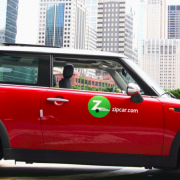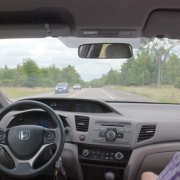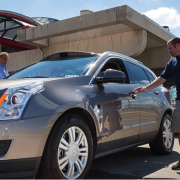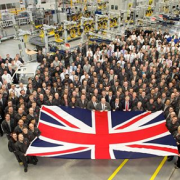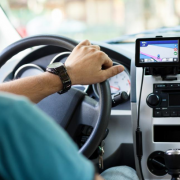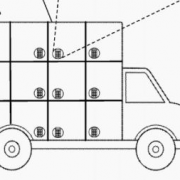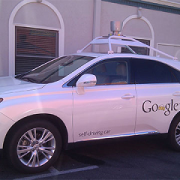Zipcar Expanding Services, Looking Ahead to Driverless Car Fleets
Jennifer van der Kleut
One might think the popularity of car-sharing service ZipCar might be waning in the face of ride-hailing apps like Uber and Lyft, but actually, reports say ZipCar is continuing to grow, particularly in college towns like Ann Arbor, Michigan.
Obviously self-driving car technology is right up there alongside car-sharing and ride-hailing services as one of the next big game-changers in transportation - and ZipCar is not ignoring that fact.
The Boston Herald reports that while ZipCar may not be working on developing their own self-driving cars, they are already looking ahead and preparing to take advantage of the technology as soon as it becomes available.
“Don’t worry, we’re on it,” CEO Kaye Ceille said in an email to ZipCar members across the country recently.
Vice President of Product and Member Experience Nichole Mace said the company views adding autonomous cars to its fleets as just another extension of what they already offer customers.
“Today if you need a car, there’s a car two blocks away - it’s around the corner, you can pick up the car,” Mace said. “In the future, the autonomous car - you won’t be walking a couple blocks, the autonomous car will be right outside your door.”
The Herald reports that ZipCar is working closely with the University of Michigan’s Mobility Transformation Center and with major automakers like Ford, GM and Toyota, though the company did not give details.
In the meantime, as ZipCar waits for autonomous car technology to become widely available, it is reportedly adding other new services for its members. For example - in the past, car reservations were strictly for 24-hour periods and the cars had to be returned to the same location where they were picked up from. The Herald reports that ZipCar is planning to start offering shorter reservations, including one-way trips that will allow cars to be returned to different stations.
ZipCar is also facing new competition, though. As the Detroit Free Press reports, GM just launched its own car-sharing service, called Maven, in Michigan, in response to the popularity of such services among college students and professionals.
“Maven began with 11 locations on [the University of Michigan] campus, offering 17 vehicles,” the Free Press reports. “The plan…is to grow that to 20 locations with 35 vehicles throughout the city, according to Chevrolet spokeswoman Annalisa Bluhm.”
Other big announcements from GM recently include the fact that the company invested $500 million in ride-hailing app Lyft for autonomous car technology.

